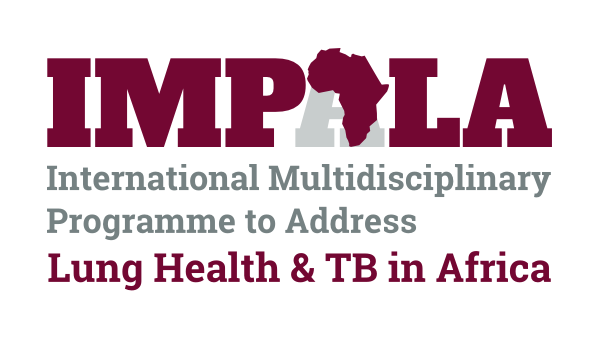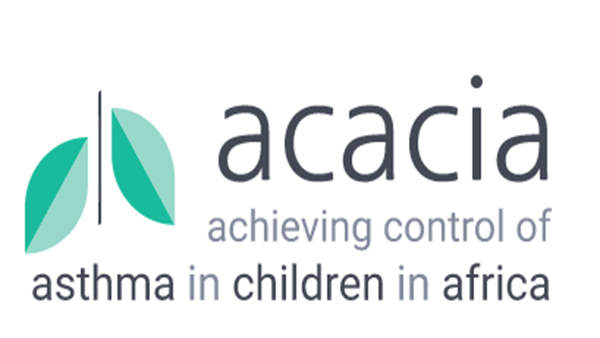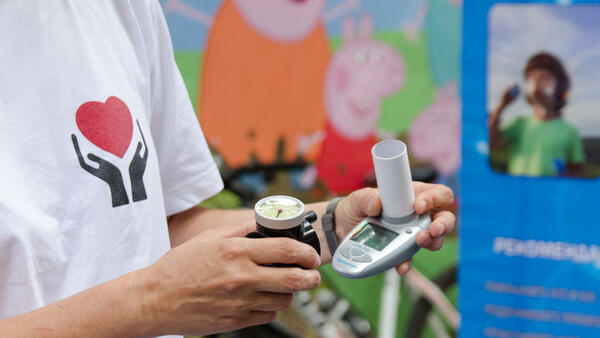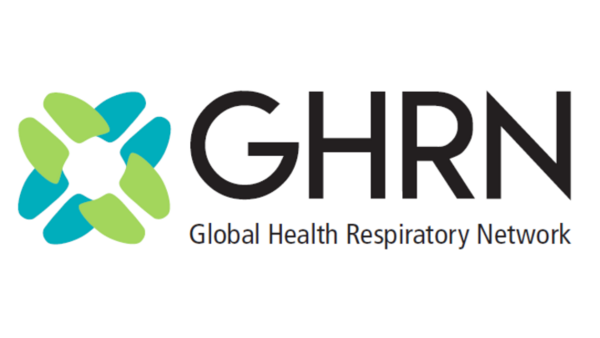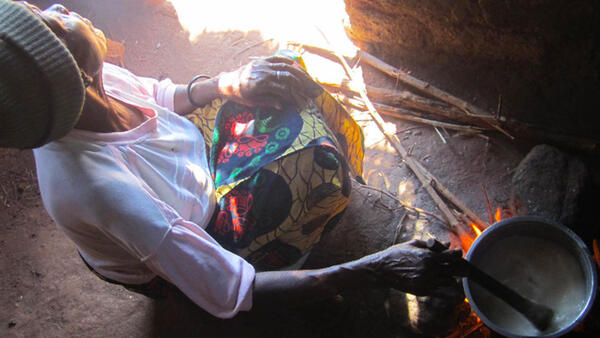
Global Lung Health research at LSTM
Of the 10 million people who die each year from lung diseases, some 80 percent live in these resource-limited settings.
Addressing issues around lung health in Africa, the continent most afflicted by morbidity and death from respiratory diseases.
LSTM’s global lung health programme takes a holistic, person-centered perspective, recognising that men and women, boys and girls experience a heavy burden of lung disease which manifests with a range of symptoms as disabling as coughing, breathlessness, and wheezing.
The causes of these problems are complex, very often rooted in poverty, and include infections such as Mycobacterium tuberculosis and Streptococcus pneumonia, and non-communicable conditions such as asthma and chronic obstructive pulmonary disease.
The solutions require multi-disciplinary collaborations aimed at both prevention and management of the full spectrum of communicable and non-communicable lung conditions.
Spirometry Training
IMPALA works in tight collaboration with the Pan-African Thoracic Society (PATS) and Education for Health Africa (EFHA) promoting education and training initiatives to strengthen respiratory health across Africa.
The Global Health Respiratory Network
The Consortium is made up of 12 units and groups from 10 institutions focussed on addressing issues of lung health, the majority of which are funded under the National Institute for Health Research Global Health Research Programme – designed to commission work which will benefit the health and wealth of the poorest people living in Low and Middle-Income Countries (LMICs), typically through interventions for prevention of ill health and optimal disease management.
LSTM Research partnerships
The Global Lung Health cohort works in connection with the following projects
